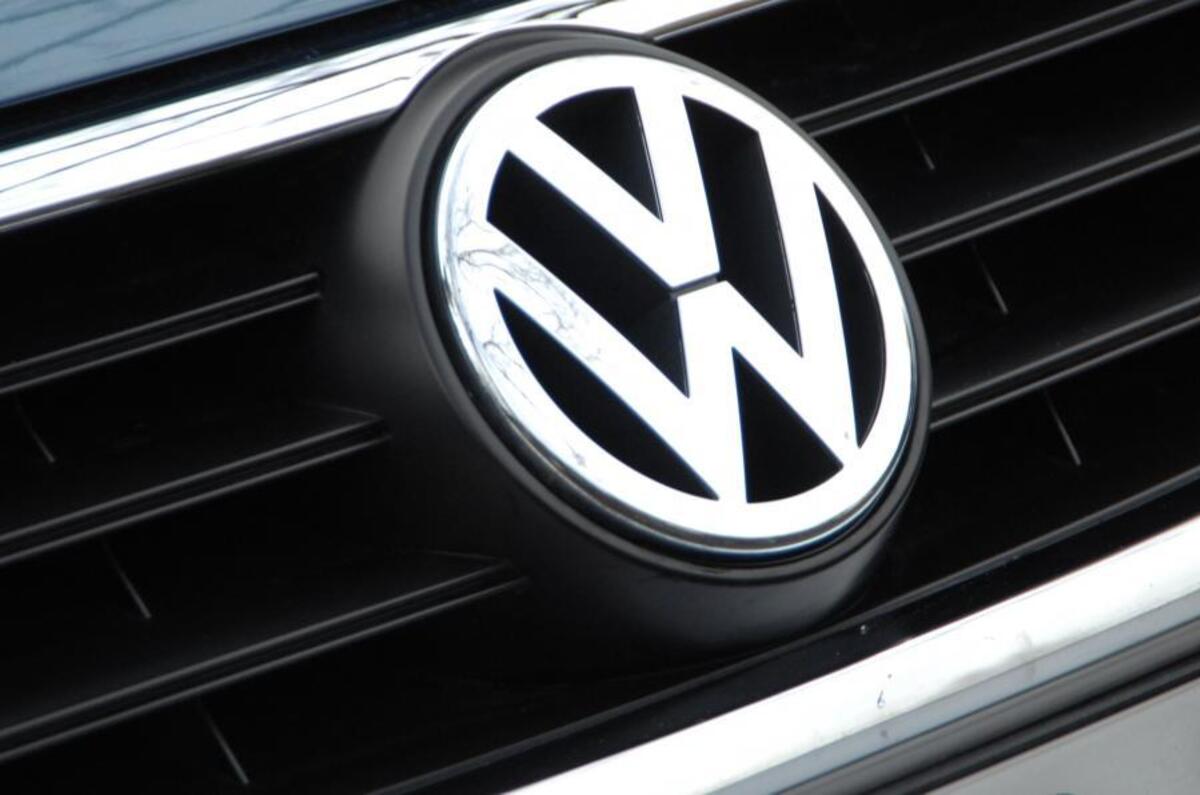Volkswagen is forecasting the diesel share of the UK car market will drop to as low as 30% as sales of alternative-fuelled cars strengthen.
“The percentage of diesel will decline. It’s already happening. The first to be affected will be small cars,” said VW Group UK boss Paul Willis, speaking at the Future of the Car Summit organised by the Financial Times.
Willis puts a 30% share at the bottom of his estimate for the market and said it “maybe” will remain as high as 40%. Willis didn’t provide a timescale for the decline. If the diesel market falls to 30%, it will drop back to 2005 levels — an 11-year retrenchment.
If it bottoms out at 40%, that will be back to 2007 levels.
Diesel market share is currently tracking at 55% of the UK market — a big increase since the Blair/Brown Labour government started incentivising diesel in 1999 as part of the UK’s commitment to cut CO2 output. Back then, diesel took 14% of UK sales.
The decline is being driven by two main factors: growing awareness of health issues linked to poor air quality, and the Dieselgate affair that has drawn manufacturers’ fuel economy and pollutant numbers into question.
Meanwhile, increasingly capable and available petrol engined hybrids and battery electric cars are filling the gap.
According to Richard Bruce, the boss of the government’s Office for Low Emission Vehicles, which administers £400 million of grants for sub-75g/km cars, sales are booming. Bruce said: “Electric vehicle sales in the UK in February were more than the whole market in 2011.”
However, Willis predicted that diesel’s decline would be halted by the need for many drivers to own a car that can drive longer distances and be fuelled easily. “Diesel will continue to play a significant role in the market for drivers who need flexibility,” he said.
Willis also predicted that the decline would be halted by new, clean diesel engine designs. This will ease some of the environmental pressures over local pollutants, such as nitrogen dioxide and particulates.
Quizzed at the conference on the prospects for the residual values of diesel cars, which might be expected to decline if demand drops, Willis said there’s no evidence of second-hand values waning. He said: “In terms of RVs [residual values], we don’t see a decline.”




Join the debate
Add your comment
Diesel
Diesel
More use of LPG please and bring back biofuels...
A heavy oil of industry...